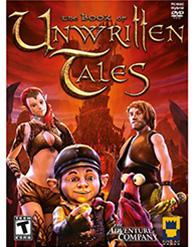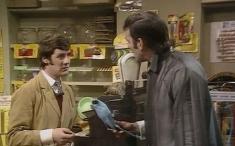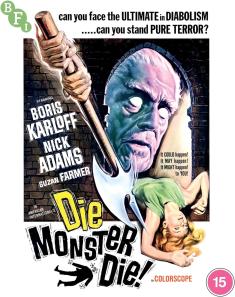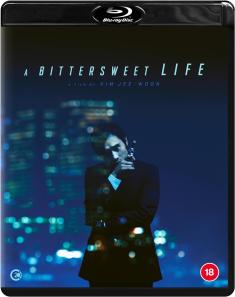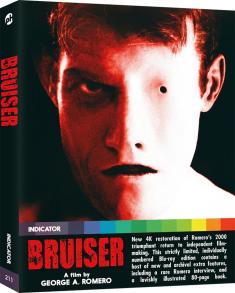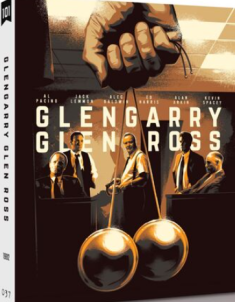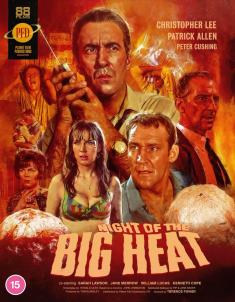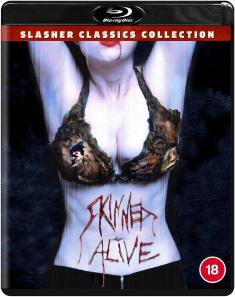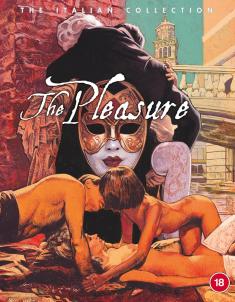The Book of Unwritten Tales
Overview -
'The Book of Unwritten Tales' is an old-fashioned adventure game from German indie studio KING Art. It is set in a fantasy world rife with spoofs and jokes. It’s far more similar to the 90s adventure titles from LucasArts than the more recent stuff from Telltale games. (It's also a much-better known series outisde of the US.)
Video Review

'BoUT' is an older game, but still looks nice. Character models are moderately detailed and their animations expressive (although not immune from the occasional twitch), and the backgrounds, while static, are rich and pretty. Overall, the color lends the game a storybook effect, which, oddly enough, is a welcome distinction from the browns embraced by many games. The game on the whole runs fine, although sometimes it has trouble starting up from Steam.
Audio Review
Almost all of the interactions in 'BoUT' are voiced, down to the least important side characters. The acting is often as good as the writing, and the characters drip with wry humor. Outside of conversation the game is quiet, with sporadic sound effects playing whenever the player clicks on certain items.
Final Thoughts

'The Book of Unwritten Tales' is a funny and endearing experience. It uses stock fantasy and adventure game conventions while simultaneously subverting them for its satire. It’s a bit slow, and not all of the puzzles are winners, but every adventure fan should try this out.
